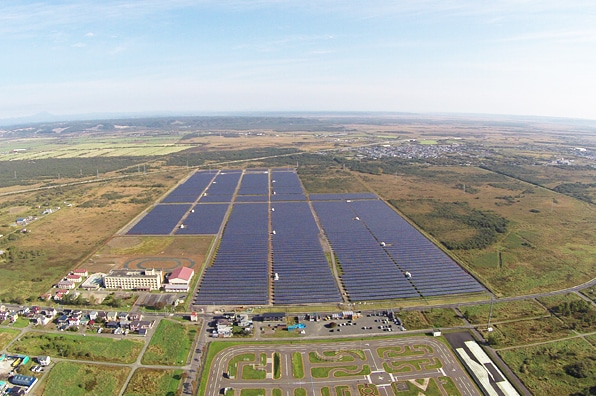The proposed project cancellations are part of METI’s efforts to push aside companies that won the rights to build solar projects under past FIT rates, but failed to move forward on development. Companies that secured approvals for grid connection after July 1, 2016, have nine months from the date of signing those agreements to complete their projects, METI said in an online statement. Ministry statistics show that developers had secured FIT approvals for roughly 3.15 million renewables projects, or 106.5 GW of capacity, by the end of June 2016.
Izumi Kaizuka, research manager of Tokyo-based PV consulting firm RTS Corporation, said in late March that the “big question” is when METI might actually cancel the projects. The 27.7 GW of capacity that the ministry has identified for potential cancellation is roughly in line with what Kaizuka expected prior to the March 31 grid-connection deadline.
METI has said that it may not revoke approvals for all of the 456,000 projects. Developers that the ministry has flagged for potential cancellation must submit business plans to the government by the end of September, Kaizuka said. At some point in the autumn, the ministry will likely start to hold hearings with developers about the future of their projects.
As part of efforts to reform subsidy support for renewable-energy development, the Japanese government is now introducing a tendering system for solar projects above 2 MW. Kaizuka believes that annual installations could reach 7 GW to 8 GW in Japan this year. Beyond 2017, she expects annual installations to average in the 5 GW range.
This content is protected by copyright and may not be reused. If you want to cooperate with us and would like to reuse some of our content, please contact: editors@pv-magazine.com.



The missing grid connection agreements are presumably with the regional monopoly utilities, who are opposed to third – party renewables. Surprise, surprise.